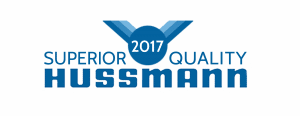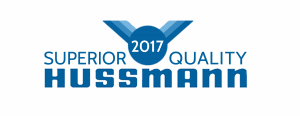Your Flat-Rolled Steel Partner.
Innovative Strategies. Unparalleled Performance. Key Steel Solutions.
Pacesetter is a trailblazer in the steel industry. Our world-class team and technology provide unrivaled value to our customers through custom-tailored pricing solutions, inventory management programs, and supply chain management systems. We strive to be far more than simply suppliers, we want to earn our way into a trusted advisor role by tailoring our approach to our customers’ unique needs.

Steel Products
Galvanized, galvannealed, prepaint, cold rolled, aluminized, and stainless steel

The Pacesetter Way
The culture we’ve built serves a single purpose: to deliver world-class results for every customer, large or small.
Industries We Serve
These are just some of the industries that we supply and have developed deep knowledge around.

Residential / Commercial HVAC

Refrigeration

Agriculture Equipment

These are just some of the industries that we supply and have developed deep knowledge around.




Railcars
Locations


















Request a Quote!














